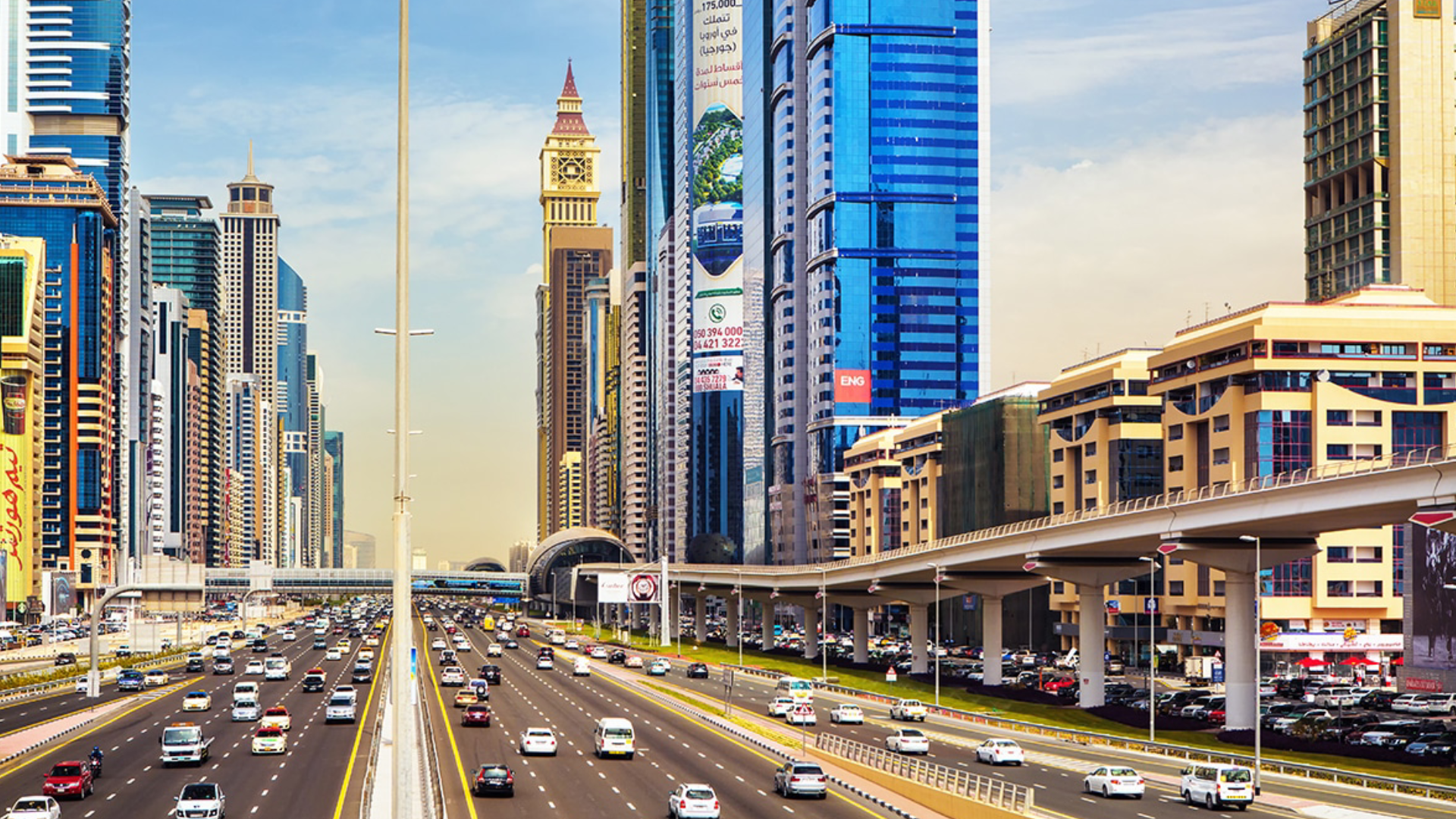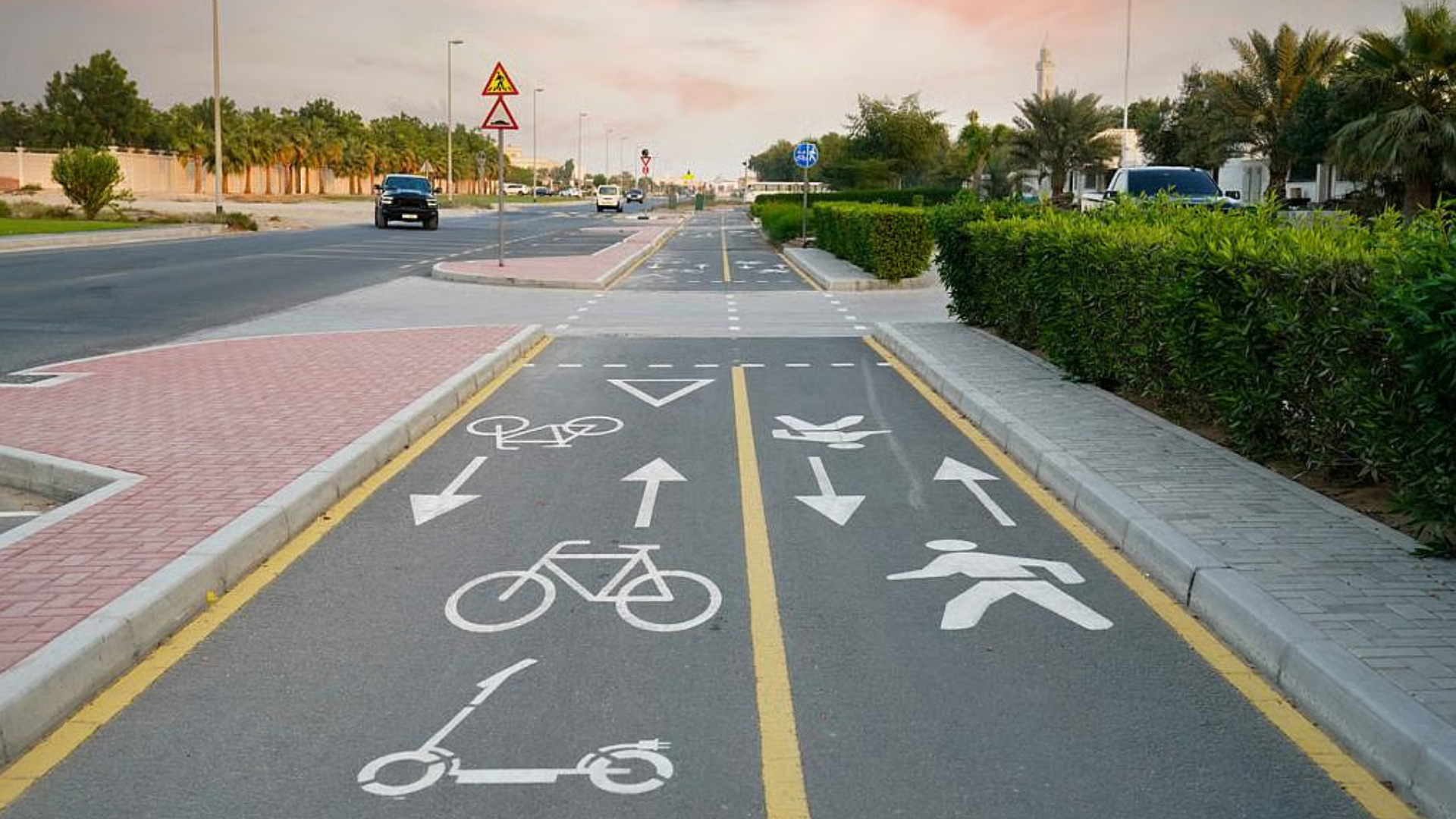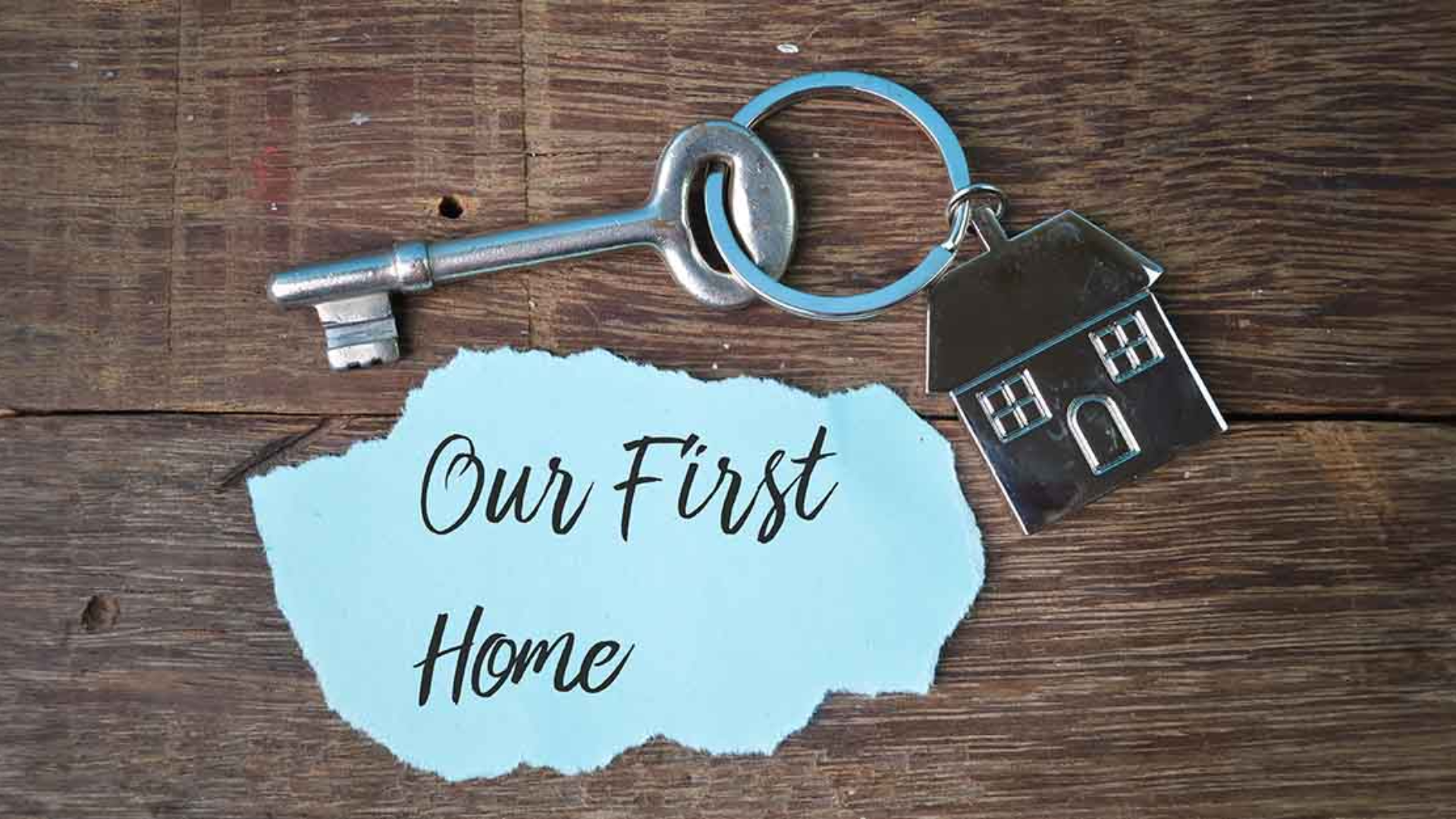Signature Collection
Explore SignatureIf you’ve been keeping an eye on the Dubai real estate market, you must have noticed it’s buzzing with activity in 2025. From waterfront apartments to newly launched villa communities, demand is surging, not just from investors, but from people looking to settle here.
So what’s driving this growth? And where is it all going? Let’s take a look at the Dubai real estate trends 2025 and what’s shaping the market this year.
Top Dubai Real Estate Trends 2025
As we look at the latest Dubai real estate trends, 2025 is emerging as a year with exciting new developments. Strong investor confidence, large-scale infrastructure projects, and supportive government policies are reinforcing the emirate's position as a leading hub for real estate investment.
Let’s dive straight into the key forces shaping Dubai’s real estate market in 2025.
Expansion of Freehold Zones for Foreign Buyers
2025 saw a significant expansion of freehold areas eligible for 100% foreign ownership. New districts such as portions of Sheikh Zayed Road, Al Wasl, Meydan, Al Jaddaf, and Dubai South were opened up.
This move improves access to prime locations for international buyers, broadens investment choices, and strengthens the Dubai real estate market outlook by distributing investment value across more dynamic neighborhoods.

Find out more about the expansion of Al Jaddaf and SZR in our detailed blog.
Corporate Ownership Rights Extended to Free Zone Companies
This year brought good news for the business community in Dubai with the introduction of Executive Council Resolution No. (11) of 2025.
The resolution allows free zone establishments to expand and open branches in mainland Dubai after obtaining a licence from the Department of Economy and Tourism (DET).
This reform is set to boost investment flows, stimulate business expansion, and diversify the buyer base in the Dubai real estate market.
By enabling more companies to establish a physical presence across the emirate, it is likely to contribute to the long-term growth of the future of the Dubai property market.
Real Estate Tokenization
In a first-of-its-kind initiative, the Dubai Land Department (DLD) launched a pilot program for real estate tokenization in early 2025, under its Real Estate Evolution Space (REES) strategy.
In partnership with VARA and the Dubai Future Foundation, this blockchain-based system allows fractional property ownership, enabling multiple investors to share ownership via digital tokens.
By 2033, tokenized real estate is projected to reach AED 60 billion in market value, about 7% of all property transactions.
A practical milestone saw Prypco Mint sell a tokenized villa worth AED 1.75 million in under five minutes. This technological leap promises to democratize access, enhance liquidity, and elevate transparency within the Dubai real estate market outlook.
Discover more about real estate tokenization here.
Surge in Luxury Property Demand
Luxury real estate remains a powerful driver of growth in the Dubai real estate market, with an increasing emphasis on branded residences that combine prestige, hospitality, and high-end amenities.
High-net-worth individuals are relocating to Dubai for lifestyle, tax advantages, and security. Many branded residences were announced in 2025, aligning with the surge in high-end lifestyle offerings and reflecting developers’ focus on blending luxury living with globally recognized hospitality brands.
Established areas such as Palm Jumeirah, Downtown Dubai, and Dubai Hills Estate remain consistent leaders in luxury sales, a key highlight in the current Dubai property market forecast.
Record-breaking transactions are being driven not only by ultra-luxury villas but also by high-profile branded apartments and waterfront penthouses.
Explore branded residences in Dubai in our Coffee Table Book.
Sustainability Takes Center Stage
In line with the Dubai 2040 Urban Master Plan, 2025 observed the launch of the Model District in Al Barsha 2, one of the first neighborhoods to embrace Dubai’s “20-minute city” concept.
Designed to let residents reach schools, shops, parks, and transit hubs within a short walk or cycle, the new district reduces car dependency, promotes soft mobility, and enhances quality of life.
The UAE Ministry of Economy unveiled a roadmap for Green Intellectual Property (IP) designed to accelerate sustainable innovation and promote technology localization. Over its three-month span, the initiative enhanced the nation’s IP framework, underscoring its dedication to building a greener and more environmentally responsible economy.
These large-scale sustainability initiatives are also echoed in the private sector. At Provident, we believe real estate can shape not just skylines, but a sustainable future. Our “A Home for You, A Tree for the Planet” campaign, in partnership with Evertreen, ensures that every property purchase contributes to environmental change, supporting the Dubai 2040 Urban Master Plan.

Expansion of Waterfront & Island Developments
Demand for waterfront living is shaping the Dubai real estate trends more than ever in 2025. Alongside ongoing marina expansions, several new projects have been announced, including the highly anticipated Naïa Island, Dubai’s new island near Burj Al Arab.
Other notable developments include new phases of Emaar Beachfront and new projects launched in Dubai Harbour and Dubai Maritime City, each offering integrated residential, retail, and leisure spaces designed to appeal to both local and international investors seeking a premium coastal lifestyle.
Discover projects in Dubai Maritime City
Technology-Driven Transactions
In 2025, the Dubai Land Department (DLD) launched the Dubai Real Estate Digital Registry, a blockchain-based platform that secures and streamlines property transfers. This innovation reduces paperwork, speeds up transactions, and provides buyers and sellers with transparent, tamper-proof records.
Another key update is the introduction of the AI Valuation Portal by the DLD, offering instant, regulation-compliant property valuations accessible online. Whether you’re buying, selling, or refinancing, you can use the portal to get accurate, government-approved property values, making decision-making faster and more reliable.
First Time Property Owner Program
Another exciting initiative launched this year is the First Time Property Owner Program. It is aimed at making home ownership more accessible for new buyers.
This initiative offers reduced registration fees, flexible payment plans, and educational resources on the buying process, aligning with the broader Dubai property market forecast of fostering sustainable, long-term ownership.

Expo City to Become the New City Center
As per the master plan launched last year, Expo City is rapidly transforming into a new and vibrant center of the emirate. Its strategic redevelopment is positioning it as a key focal point in the future of the Dubai property market.
The planned shift of Dubai International Airport (DXB) operations to Al Maktoum International Airport in Dubai South by 2032 will further boost connectivity and complement Expo City’s growth.
The new airport in Dubai South is undergoing a rapid transformation. Once complete, it’s set to become one of the world’s largest, boosting connectivity and driving demand for nearby residential and commercial developments.
Improved Connectivity
This year, His Highness Sheikh Mohammed bin Rashid Al Maktoum officially laid the foundation for the Dubai Metro Blue Line. The 30-kilometre line will connect key residential and commercial districts, with routes serving areas such as Dubai Creek Harbour, Dubai Festival City, and International City. A standout feature will be the Emaar Metro Station at Dubai Creek Harbour, the tallest metro station in the world at 74 metres.
The highly ambitious transportation project was approved in November 2023 by H.H Sheikh Maktoum as part of the Dubai 2040 Urban Master Plan.
Smart Rental Index
In a move set to reshape the rental landscape, DLD introduced the Smart Rental Index, an AI-powered tool designed to provide accurate, up-to-date insights into rental values across the emirate.
Leveraging big data analytics and real-time market information, the index offers a transparent view of current rental conditions, aligning with both Dubai’s Digital Strategy and the Dubai Real Estate Sector Strategy 2033.
A standout feature is its star rating system, ranking residential buildings from one to five stars based on amenities, quality, upkeep, and overall management. The tool also distinguishes between old and new buildings, offering average rent data for both the area and individual properties.
By integrating technical and service-related details, from location and spatial value to maintenance and finishes, the Smart Rental Index provides landlords, tenants, and investors with a precise picture of the market. This increased transparency is expected to influence leasing decisions and, in turn, shape the Dubai real estate market outlook in 2025 and beyond.
Key Takeaways and Dubai Real Estate Predictions 2025
The Dubai real estate market in 2025 is being propelled by a powerful mix of luxury demand, sustainability-focused policies, landmark mega-projects, and rapid technology adoption. Together, these forces are broadening the market’s appeal, attracting both international investors and long-term residents.
Branded residences and waterfront developments are not only setting new lifestyle benchmarks but also driving property values in prime districts. At the same time, well-planned communities continue to offer stable returns, balancing the market and catering to a wider investor base.
Government-backed programs like the First Time Property Owner Program and transformative infrastructure projects such as the Dubai Metro Blue Line are expanding accessibility, connecting emerging districts, and strengthening long-term market resilience.
Sustainability has shifted from a niche preference to a defining feature of the future of the Dubai property market, with updated building regulations, green initiatives, and eco-friendly communities fueling demand for homes that meet environmental, lifestyle, and investment goals.
With these trends converging, Dubai is well-positioned to strengthen its status as one of the world’s most dynamic and competitive real estate hubs in the years to come.
FAQs
Dubai Creek Harbour, Meydan, Dubai South, and Jumeirah Village Circle (JVC) are leading the list, offering strong growth potential and attractive rental yields.
Prices are expected to rise by 3% to 5% annually, with prime areas outperforming due to sustained luxury demand.
Yes. Dubai offers safety, tax benefits, advanced infrastructure, and a diverse property market catering to varied budgets.
Yes, especially for prime locations, sustainable developments, and projects by trusted developers.
The future of the Dubai property market looks promising, driven by sustainable development policies, infrastructure investments, and a steady inflow of international investors.
For more information, get in touch with us at Provident